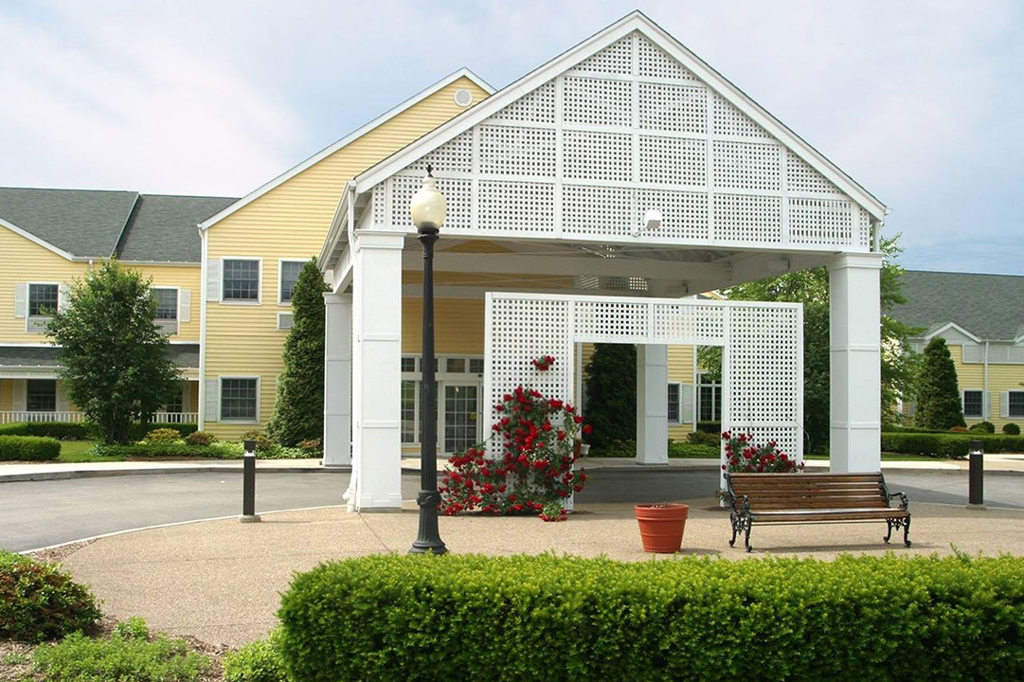
The Residence at Hilltop
A Personal Care Community located in the Mon Valley area, we have in house nurses 24/7 and activities 7 days a week! Schedule a tour!
210 Route 837
Monongahela, PA 15063
24/7
Fax: 724-258-9287
FAQs
When considering a personal care community for yourself or a loved one, there are many factors to consider.
- What are your requirements in terms of care and amenities?
- What is your budget?
- Do you have recommendations from health care professionals, friends, or relatives?
- Have you toured different places and talked with their directors?
- Would you have peace of mind if you or a loved one lived there?
Before making a decision, visit the facility and ask questions. If you've read less than stellar online reviews, ask the staff about them and give them a chance to explain. But most importantly, trust your instincts.
Personal care is a special combination of housing, personalized supportive services, and health care designed to respond to the individual needs of those who require help with activities of daily living.
Personal care promotes maximum independence and dignity for each resident and encourages the involvement of a resident's family, neighbors, and friends. Staff is available 24 hours to meet both scheduled and unscheduled needs. Personal care communities may also be called residential care facilities, adult congregate living facilities, personal care homes, catered living facilities, retirement homes, homes for adults, or community residences.
It is estimated that one million Americans live in more than 20,000 personal care communities. Personal care residents can be young or old, affluent or low income, frail or disabled. A typical resident is a woman in her eighties and is either widowed or single. Residents may suffer from Alzheimer's disease or memory disorders, or may simply need help with mobility, incontinence, or other challenges. Personal care is appropriate for someone who is too frail to live at home or who wants extra support.
Personal care residences can range from a purpose-built, high-rise apartment complex to a converted Victorian home to a renovated school. They may be freestanding or housed with other options, such as independent living or nursing care. There is no single blueprint, because consumers' preferences and needs vary widely. Most residences have between 25 and 120 units, varying in size from one room to a full apartment. They may be operated by nonprofit or for-profit companies.
Regulations and license requirements vary from state to state, contributing to a wide range of senior housing models that are considered personal care. Personal care community residences are often regulated under the categories of personal care homes, residential care, boarding homes, or a similar nature home. The most progressive regulations are consumer oriented, balancing the safety concerns everyone shares with consumers' desire to retain their independence and freedom of choice. Most providers and their staff have special training as a result of personal care residence policy. In addition, some states require special training and staff certification. Residences also must comply with local building codes and fire safety regulations.
Personal care communities generally provide more health-related services than an independent living retirement home. The services available in personal care usually include:
- Three meals a day served in a common dining area
- Housekeeping services
- Transportation
- Assistance with instrumental activities of daily living - doing laundry, shopping, managing finances, using the telephone, making and keeping appointments, etc.
- Access to health and medical services
- 24-hour security and staff availability
- Emergency call systems for each residents' unit
- Health promotion and exercise programs
- Medication management
- Personal laundry services
- Social and recreational activities
Costs vary with the residence, unit size, and the types of services needed by the residents. Across the nation, basic fees are generally less expensive than home health services. The basic rate may cover all services. Most personal care communities charge monthly, and rates do not require long-term commitment. Some personal care providers request security deposits or other types of entry fees.
